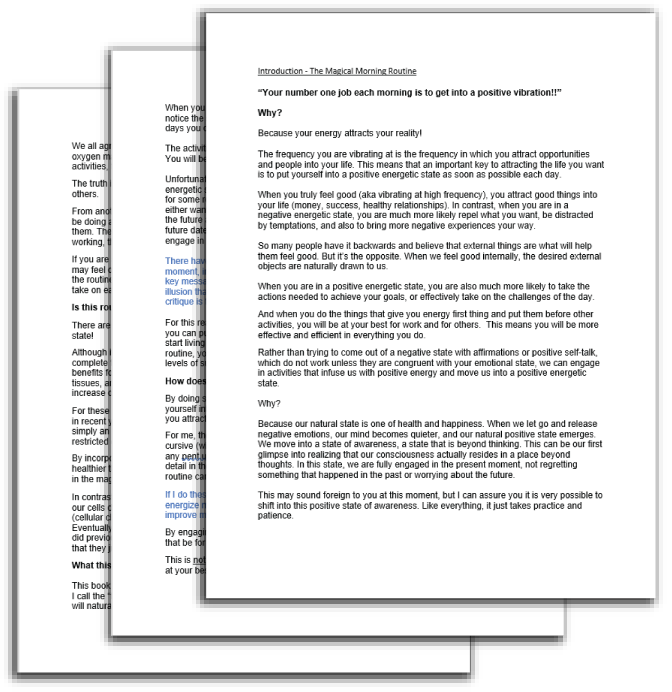48-Hour Fast: 12 Benefits of Fasting for 48 Hours
Written by Stephen Anton PhD on July 30th, 2023

Determining the right approach to intermittent fasting can be challenging due to the various options available. Each approach has its pros and cons, and understanding them can help you choose the fasting method that aligns with your goals.
An advanced approach to intermittent fasting is the 48-hour fast, which involves abstaining from food for a continuous 48-hour period. It’s important to note that this type of fasting is recommended only for healthy individuals with prior experience in shorter-term fasts (e.g., 16-hour daily fasts or occasional 24 to 36-hour fasts).
7 Potential Benefits of the 48-Hour Fast:
5 Unexpected Benefits During the 48-Hour Fast:
5 Potential Disadvantages of the 48-Hour Fast:
What to Do During a 48-Hour Fast:
Should You Try the 48-Hour Fast?
Deciding whether to attempt a 48-hour fast depends on several factors. Consider the following:
48-Hour Fast Conclusion
The 48-hour fast offers numerous potential benefits for certain individuals. However, it is an advanced fasting method that should be approached with caution.
It is recommended to consult with a healthcare professional before attempting any prolonged fast, especially if you have underlying health conditions or limited fasting experience.
48-Hour Fast: 12 Benefits of Fasting for 48 Hours
Written by Stephen Anton PhD on July 30th, 2023

Determining the right approach to intermittent fasting can be challenging due to the various options available. Each approach has its pros and cons, and understanding them can help you choose the fasting method that aligns with your goals.
An advanced approach to intermittent fasting is the 48-hour fast, which involves abstaining from food for a continuous 48-hour period. It’s important to note that this type of fasting is recommended only for healthy individuals with prior experience in shorter-term fasts (e.g., 16-hour daily fasts or occasional 24 to 36-hour fasts).
7 Potential Benefits of the 48-Hour Fast:
5 Unexpected Benefits During the 48-Hour Fast:
5 Potential Disadvantages of the 48-Hour Fast:
What to Do During a 48-Hour Fast:
Should You Try the 48-Hour Fast?
Deciding whether to attempt a 48-hour fast depends on several factors. Consider the following:
48-Hour Fast Conclusion
The 48-hour fast offers numerous potential benefits for certain individuals. However, it is an advanced fasting method that should be approached with caution.
It is recommended to consult with a healthcare professional before attempting any prolonged fast, especially if you have underlying health conditions or limited fasting experience.

Get the Introduction to Dr. Anton’s Upcoming Book: Magic Morning Routine
Take advantage of this 100% free PDF and learn how to create a morning routine that helps you feel and perform at your best.

Get the Introduction to Dr. Anton’s Upcoming Book: Magic Morning Routine
Take advantage of this 100% free PDF and learn how to create a morning routine that helps you feel and perform at your best.

Get the Introduction to Dr. Anton’s Upcoming Book: Magic Morning Routine
Take advantage of this 100% free PDF and learn how to create a morning routine that helps you feel and perform at your best.








